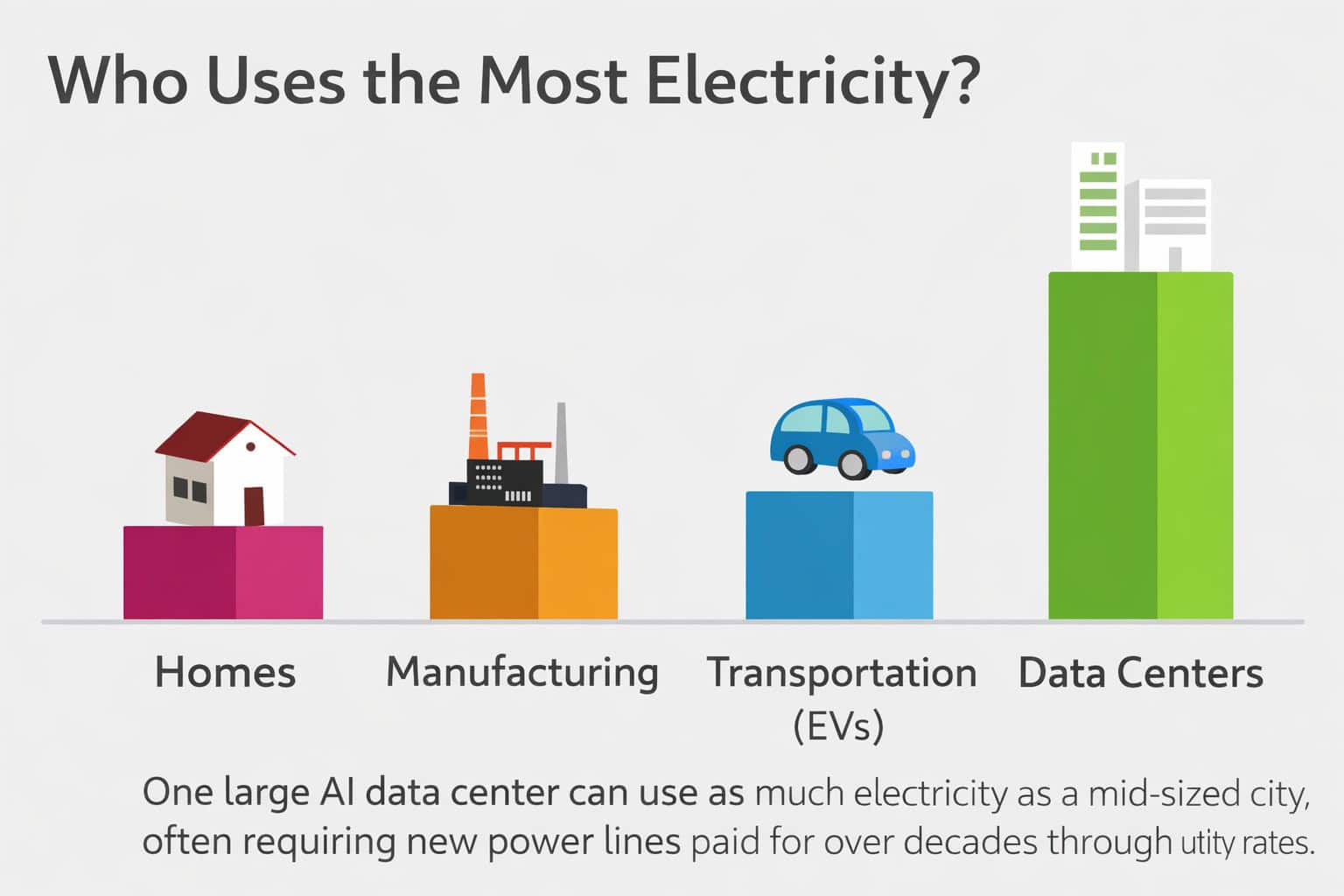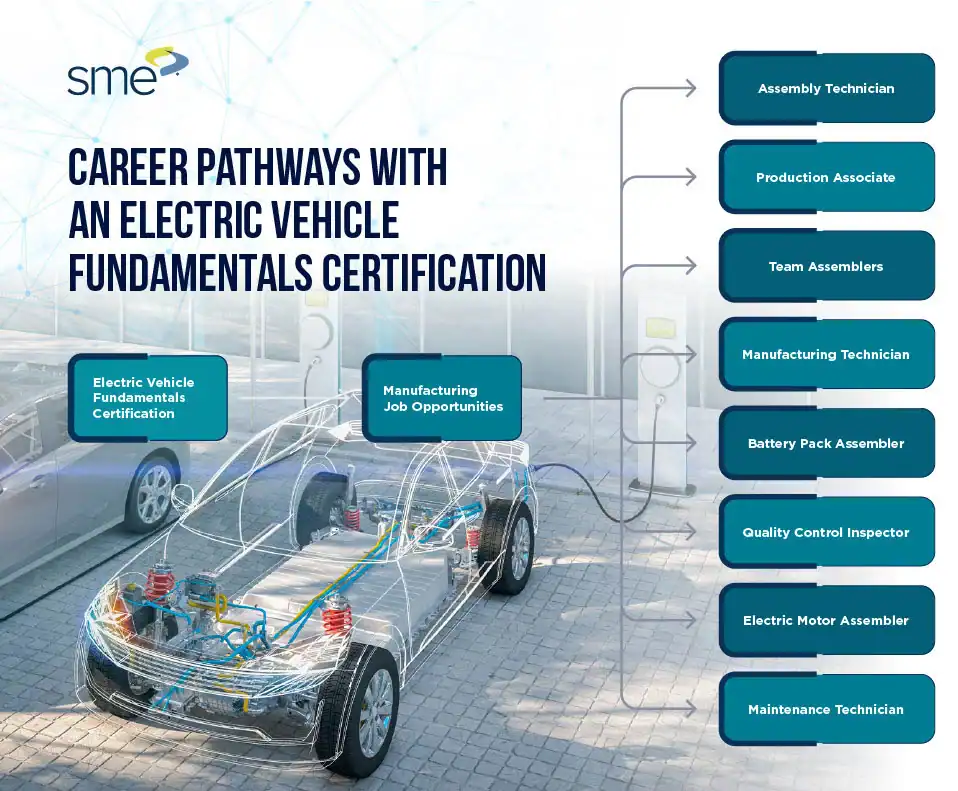BEIJING – The recent assertion by CATL’s top management that Chinese cars do indeed have an advantage is more than just biased. After all, their growth in international markets shows that they are products with a growing reputation, which cannot be justified solely on the basis of more competitive prices.
Pan Jian, the vice-president of the Chinese battery giant, introduced a new acronym for electric vehicles—EIV, where the extra ‘I’ stands for ‘intelligent’. In fact, he emphasized that these intelligent electrics offer more advanced technology and features than traditional petrol cars. According to UK Motor 1, this marks a significant shift in how the industry views the future of mobility.
1. The Numbers Confirm This
If we leave Tesla out of the equation, the most interesting developments in the car market—especially in the electric segment—are coming from Chinese manufacturers. According to the latest figures, they are expected to achieve a 25% increase in global sales. As a result, their total volume could surpass 17 million units by 2024.
This represents more than 60% of the total number of EVs sold worldwide. It should be noted, however, that the richest and fastest-growing market (40%) is still China, where, apart from Tesla, domestic brands dominate.
Chinese cars are growing rapidly, and according to multiple online newspapers, the reason is clear. At the recent World Economic Forum in Switzerland, CATL’s co-chairman explained that the shift from EV to EIV is driving this surge. Moreover, these new electric intelligent vehicles offer advanced features that traditional gas-powered cars simply can’t provide.
2. Science Fiction Connectivity
For example, Xiaomi, the mobile phone giant, launched the SU7 four-wheeler last March. It uses CATL batteries and features a 16.1-inch ultra-lightweight infotainment screen with Apple CarPlay. It also has a 56-inch head-up display. Priced around £25,000, these technologies are usually found in much more expensive premium European cars.
Moreover, the driver can remotely control over 1,000 home devices, thanks to advanced connectivity and home automation. Additionally, the SU7 offers driver assistance through a complex system of 11 cameras, 12 ultrasonic radars, LiDAR, and the NVIDIA Drive Orin platform. This setup provides advanced ADAS and autonomous driving capabilities.
3. CATL Also Wants To Build Cars
CATL itself recently unveiled its proposed high-security skateboard platform, called Bedrock Chassis, which promises to open up a new market for intelligent vehicle design with an estimated turnover of more than $130 billion.
Final Thoughts
Chinese electric vehicles are no longer just affordable alternatives; they are redefining what it means to drive intelligent, connected cars. With major innovations from companies like CATL and Xiaomi, the future of mobility is rapidly evolving toward smarter, safer, and more integrated experiences. Stay tuned for more updates as this exciting industry continues to accelerate.
For the latest news on automotive technology and innovation, keep following our coverage.
FAQs
i. What does the term EIV stand for in electric vehicles?
EIV stands for “Electric Intelligent Vehicle,” highlighting the integration of advanced connectivity, AI features, and smart technologies beyond traditional electric cars.
ii. How significant is CATL’s role in the electric vehicle market?
CATL is a leading Chinese battery manufacturer driving innovation in electric vehicles, not only supplying batteries but also developing new vehicle platforms like the Bedrock Chassis for smarter EV design.
iii. What advanced features do Chinese EIVs offer compared to traditional cars?
Chinese EIVs offer features such as ultra-large infotainment screens, remote control of home devices, advanced driver-assistance systems (ADAS), and autonomous driving capabilities enabled by cutting-edge sensors and AI.






